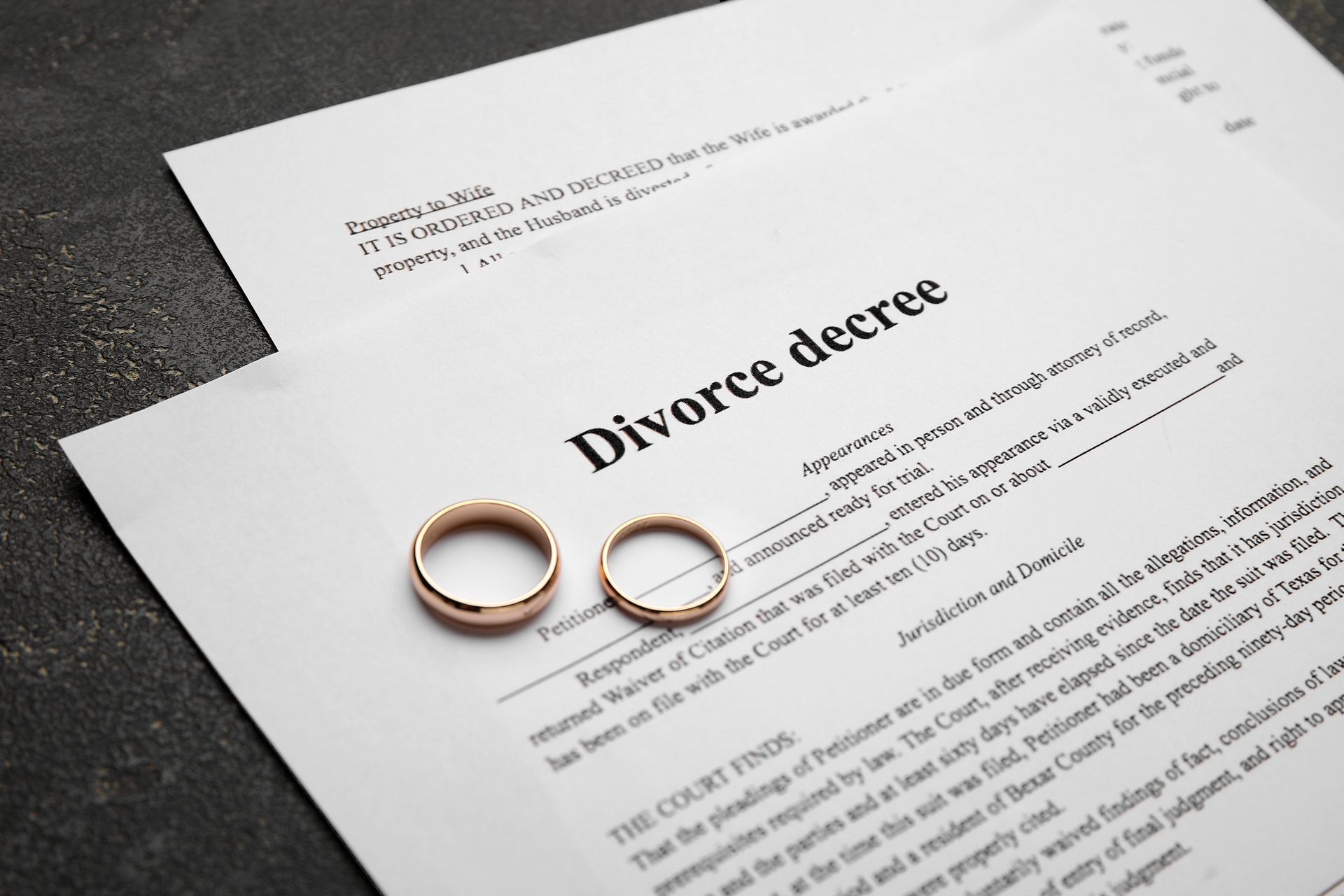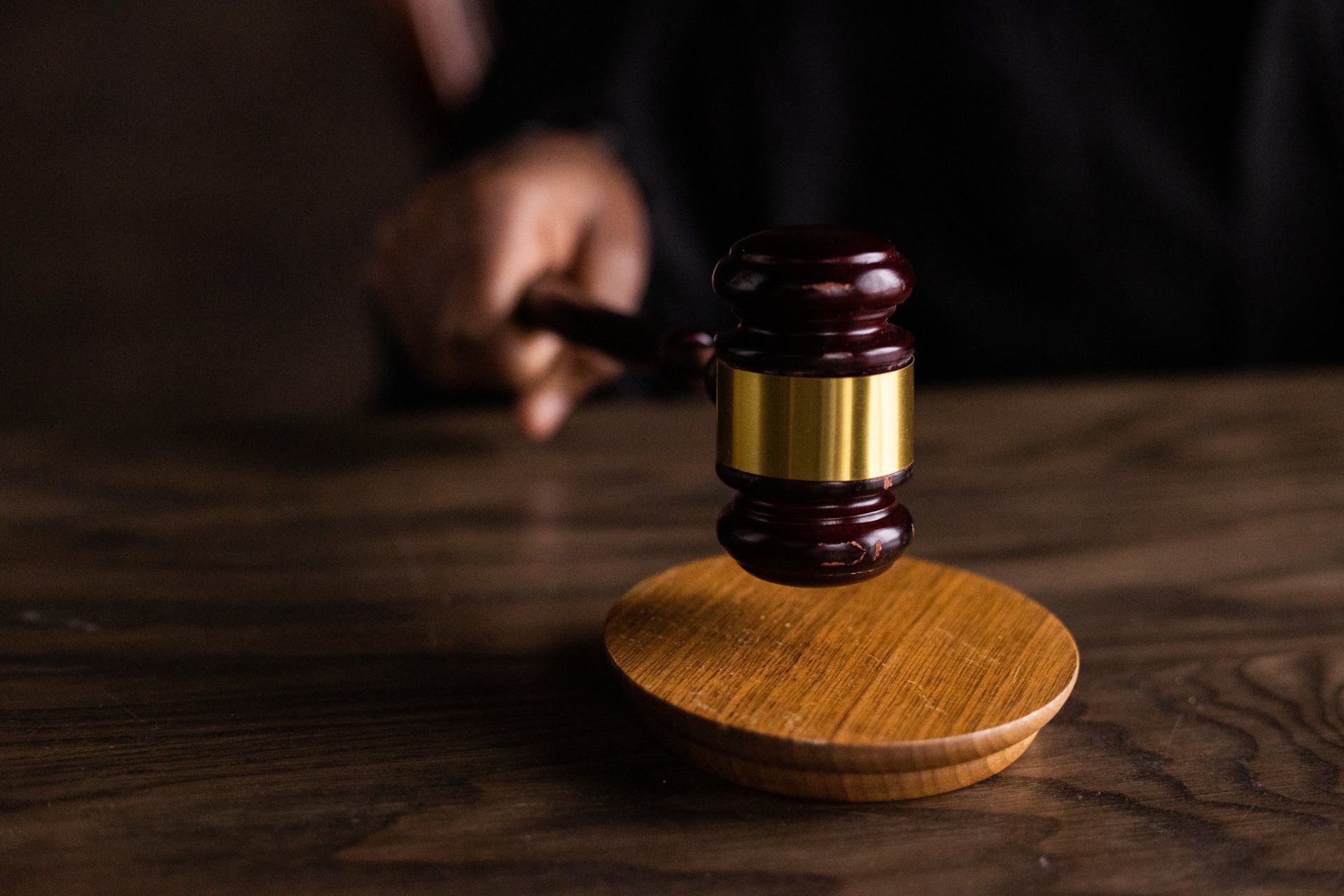Myths About Bankruptcy
For those who are unfamiliar with bankruptcy, it can be a confusing subject. Often people assume that filing for bankruptcy will impact their lives in specific ways which may or may not be the case. Here are a few common misconceptions about bankruptcy:
#1 Bankruptcy will Ruin My Financial Health
While it is true that filing for bankruptcy will impact your credit and will limit a person’s lending and credit options for approximately seven to ten years, many people who have filed for bankruptcy are still able to borrow money and rebuild their credit. In some cases, your credit scores may even improve following a bankruptcy. Further, although your credit options may be less than before the bankruptcy, you may still be in a position to obtain a secure line of credit which can lead to improving your scores. Your financial health can also improve in terms of discharging debt in bankruptcy. Many people who file for bankruptcy are placed in the position of having a fresh start without the burden of their past debt. From this position, it is possible to work toward financial recovery.
#2 People Who File for Bankruptcy are Irresponsible
For many people, bankruptcy becomes necessary when they are faced with large and unexpected expenses. For instance, one of the leading groups of people who have had to file for bankruptcy are people who have incurred excessive medical expenses due to major illness or injury. Some other reasons people may find themselves in this position of needing to file are divorce, loss of a job, or the death of a spouse. These and other life circumstances do not amount to fiscal irresponsibility. Instead, rather than being financially irresponsible, many people who have had to file because they have simply found themselves in a position in life of needing relief from debt.
#3 Bankruptcy Will Take Care of All My Debts
While the concept of bankruptcy may seem like an option which allows a debtor relief from all of their debt, there are certain debts which filing for bankruptcy will not relieve. For instance, certain tax debts and student loans, and child support do not qualify as debt which can be discharged in bankruptcy. However, in most cases, bankruptcy will allow you to discharge personal loans and unsecured debt such as credit cards and medical bills.
#4 It is Okay to Take Out A lot of Debt Just Before Bankruptcy
Those contemplating filing for bankruptcy may be tempted to go out and buy a lot of things on credit. Although it would seem that adding to their debt under these circumstances would be harmless, bankruptcy courts tend to frown on this kind of behavior. In fact, a court could find that debt assumed under these circumstances was fraudulently obtained and will therefore not eligible for discharge in bankruptcy.
# 5 Filing for Bankruptcy Means You Will Lose Everything You Have
Some people believe that when you file for bankruptcy, you agree to give up all of your possessions including your home, retirement accounts, and personal vehicle. In most cases, the debtor is actually allowed to keep many of their assets. Under a Chapter 7 bankruptcy, a debtor will have certain qualified exemptions from the process. What this means is that certain assets such as their home, retirement account, and car will not be included in the bankruptcy process. Likewise, under a Chapter 13 bankruptcy, the debtor often keeps many of their assets which are merely considered in terms of their value in calculating a repayment plan.
While the bankruptcy process can be a bit confusing and even mystifying to some, an experienced bankruptcy attorney can provide insight and advice which can bring clarity to the subject. We have the knowledge and experience you need to help you understand bankruptcy and your options. Please contact us online or by phone if we may be of assistance. http://bestmichiganlawyer.com/contact-us










